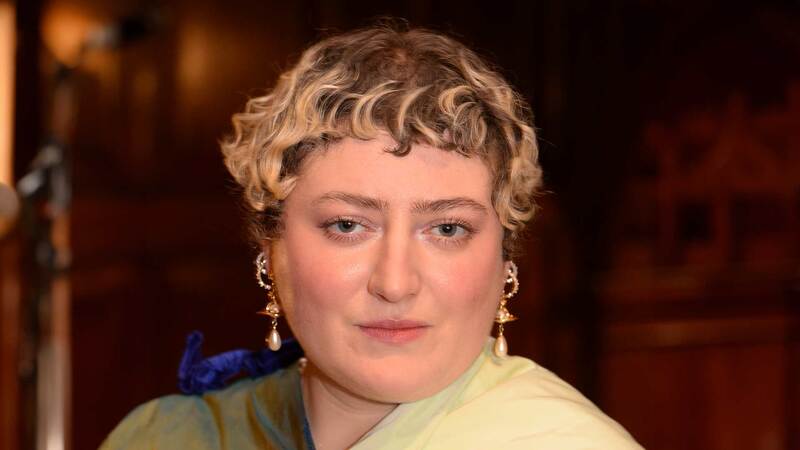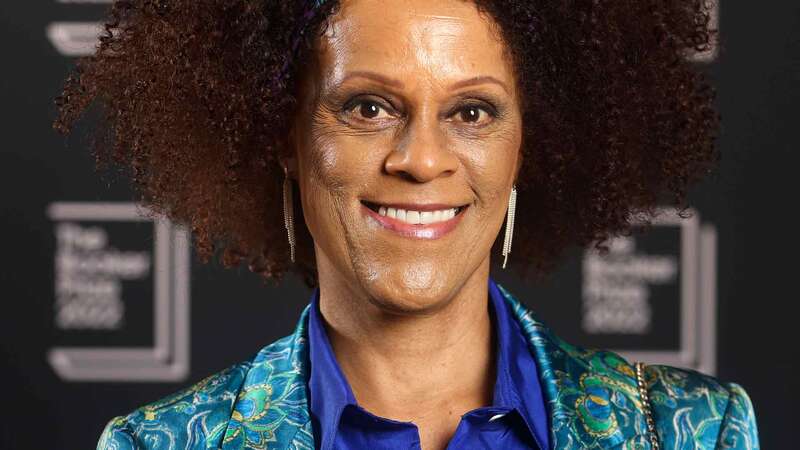You are viewing your 1 free article this month. Login to read more articles.
RSL confirms 'full support' for charity's director Molly Rosenberg and plans to adopt new code of conduct
The trustees of the Royal Society of Literature (RSL) have confirmed their "full support” for the charity’s director, Molly Rosenberg, and decided to adopt a new code of conduct “to ensure that the working environment is safe and respectful for all”.
The RSL issued a statement following a meeting of the board of trustees on Tuesday 20th February, which considered “the concerns that have been raised against the RSL and its senior management team”.
Confirming its support for Rosenberg, the RSL said: “She is outstanding in her commitment to the charity and in the management of her hard-working team. The trustees unreservedly condemn the inappropriate language and bullying nature of some of the emails sent to the RSL staff and trustees.”
The charity said its trustees “resolved to undertake a full and independent governance review of the RSL” last year and, as part of that process, “have decided to adopt a new code of conduct that will apply to everyone who works for and with the RSL to ensure that the working environment is safe and respectful for all”. It added: “The trustees are also committed to working with our fellows and members to ensure that everyone feels represented”.
The RSL told The Bookseller the code of conduct will apply to fellows, but could not answer questions how it will be enforced as it was not yet at the "process" stage.
Responding to “significant media interest” in the past few weeks following the RSL’s decision in December 2023 to postpone the publication of its annual literary Review, the charity said “trustees were unable to identify any areas where its senior management team acted outside its remit or without proper reporting and consultation with the chair of council”.
It said: “There were reasonable grounds for delaying the publication of the annual Review in December. The RSL is a charity run by writers for writers; it does not condone or practise censorship. The postponed issue of the RSL’s magazine will be published by the end of March. Without exception, all the previously commissioned content will be included in the new-look magazine as was confirmed in January 2024. The outgoing editor, Maggie Fergusson, will be warmly thanked for her work on the Review and her many years of service to the RSL.”
The statement went on to reject “some media reports” that “claimed that the procedures for becoming a fellow of the RSL have changed in recent years”, emphasising “the requirements for fellowship remain the same: two works of outstanding literary merit or an equivalent body of work, as prescribed by the RSL’s constitution”.
“The addition is that members of the public will also be able to recommend writers to the fellowship,” the RSL said.
The rest of the society’s statement focused on concerns about the “unwarranted campaign of harassment of the director and chair of the council and other members of the senior management team”. “These targeted individuals are all dedicated to their work and service to the RSL but have been unfairly criticised in the press and on social media. They have also been subjected to disrespectful and rude correspondence and this is unacceptable,” the RSL said.
The society said it was “deeply honoured” to have Bernardine Evaristo as its president and as a figurehead for the charity “and enormously grateful for her advocacy and dedication”. It stressed: “She is not a decision maker or manager, nor does she have any responsibility for running the RSL. The manner in which she has been represented and her words twisted has been inaccurate and unfair."
Addressing concerns that the organisation did not take a public stand in support of Salman Rushdie when he was stabbed in 2022, the RSL said “Rushdie is a writer of international distinction and we are honoured to have him as a fellow”, adding: “Trustees of the RSL, its president and the management team remain appalled by the assassination attempt upon him and salute his lifelong dedication to freedom of thought and expression”.
It continued: “The RSL upholds freedom of expression and Article 19 of the Universal Declaration of Human Rights: everyone has the right to freedom of opinion and expression; this right includes freedom to hold opinions without interference and to seek, receive and impart information and ideas through any media and regardless of frontiers."


















